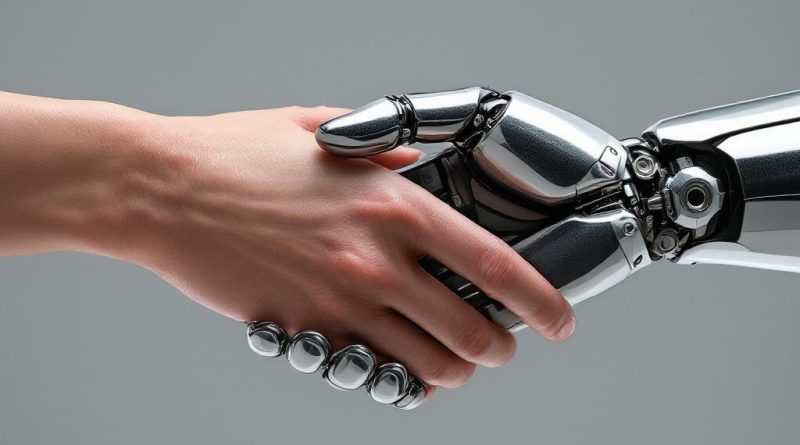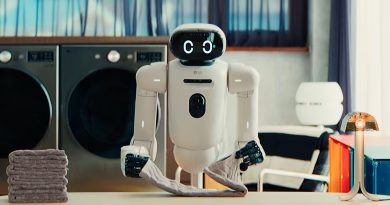Will AI Replace Programmers? A Look at the Future of Software Development
It’s the question haunting every computer science student and every veteran software engineer: Will AI make my job obsolete?
We’ve seen AI generate flawless blocks of code from a simple text prompt. We have AI-powered tools like GitHub Copilot that can write functions, suggest solutions, and debug problems in real-time. With the pace of progress moving so quickly, it’s easy to look at these tools and imagine a future where human programmers are no longer needed.
But the reality is far more nuanced. AI is not going to replace programmers. However, it is fundamentally and irrevocably changing what it means to be a programmer. The nature of the job is evolving, and the developers who thrive will be the ones who adapt.
What AI Can Do Now: The ‘Co-Pilot’ Era
Right now, AI is best understood as a “co-pilot” for developers. It is an incredibly powerful tool that augments human skill, taking over the most tedious and repetitive parts of the job.
- Automating Boilerplate Code: AI is fantastic at writing the common, boilerplate code that developers used to have to type out manually. This includes things like writing standard functions, setting up test cases, or creating API calls.
- Accelerating Learning and Debugging: A junior developer can ask an AI to explain a complex piece of code or suggest ways to fix a bug, acting as an instant, interactive tutor.
- Rapid Prototyping: A developer can describe a simple application, and an AI can generate the foundational code in minutes, allowing for much faster prototyping and iteration.
In its current state, AI is a massive productivity booster. It allows developers to offload the grunt work and focus on more complex, architectural problems.
The Human Element: What AI Can’t Do (Yet)
While AI is great at writing code, it lacks the uniquely human skills that are essential to building great software.
- Understanding “The Why”: An AI can be told what to build, but it doesn’t understand the “why.” It doesn’t grasp the underlying business goals, the needs of the end-user, or the long-term strategic vision of a project. Software development is not just about writing code; it’s about solving human problems.
- Complex System Design and Architecture: Building a large, scalable, and maintainable software application requires a deep understanding of system architecture. It involves making high-level decisions with long-term consequences, weighing trade-offs, and planning for future needs—all things that are currently far beyond the capability of an AI.
- Creativity and Problem-Solving: An AI can replicate patterns it has seen in its training data. It cannot yet come up with a truly novel solution to a problem it has never seen before. True innovation still requires a spark of human creativity.
The Evolution of the Developer: From Coder to Architect
AI will not replace the programmer, but it will kill the job of the “coder”—the person whose only job is to mindlessly translate a set of instructions into code.
The role of the developer is evolving from that of a hands-on construction worker to that of a systems architect and AI manager. In the future, a developer’s primary job will be to:
- Define the Problem: Clearly understand the business and user needs.
- Design the System: Make the high-level architectural decisions.
- Prompt and Direct the AI: Guide the AI co-pilots to generate the necessary code components.
- Review and Curate: Critically review the AI-generated code for security, efficiency, and correctness.
- Integrate and Test: Weave the various AI-generated components together into a cohesive, functional product.
The Verdict
AI will not replace programmers. But programmers who use AI will replace programmers who don’t.
The demand for cheap, human “code monkeys” will plummet. The demand for smart, creative software architects who can effectively leverage AI to build complex systems will skyrocket. The future of software development is a collaborative one, where human ingenuity directs the immense power of artificial intelligence to build better things, faster than ever before. It’s not the end of the programmer; it’s the beginning of a new, more powerful era.




